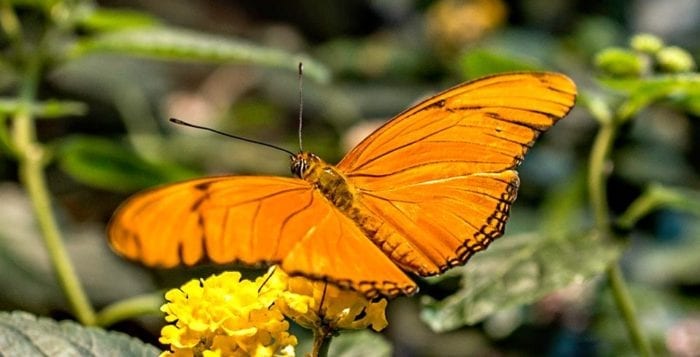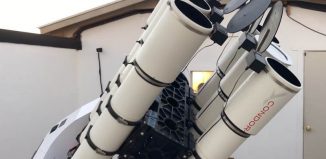Gardening: Butterfly workshops to be held in Old Field and Stony Brook

By Ellen Barcel
The Maritime Explorium, a nonprofit organization based in Port Jefferson and dedicated to science-themed exhibits and activities, will be holding a very special series of workshops dedicated to helping gardeners “transform 100 square feet of your yard into a butterfly, bee and bird friendly habitat that keeps our waterways clean and clear …”
Lauren Hubbard, founding president and former executive director of The Maritime Explorium is the program director. She noted that there are a number of reasons for transforming part of your yard into a wildlife-friendly habitat, and there are many ecological benefits to using native plants.
“They provide food for pollinators as well as food for birds,” she said. It is these very pollinators that guarantee the seeds for the next generation of plants and that farmers rely on to produce our food. She noted that native plants don’t required fertilizers. This reduces the runoff of nitrogen [from chemical fertilizers] into the surrounding waters. Excess nitrogen leads to poor water quality, which for one thing affects eel grass which is a fish nursery. Excess nitrogen also increases algae in the Sound.
Hubbard added that native plants have roots that go very deep, that is, many have taproots. They need less supplemental water from the gardener and they catch runoff of excess rain. Butterfly weed (Asclepias tuberosa) and other varieties of milkweed, for example, have a taproot. And, many, like the New England aster, are deer resistant. Native plants also feed native birds, who also eat many of the garden pests, insects, for example, that damage our gardens.
Each project participant registers for only one workshop, but to make the workshops and project convenient, they are spread over the next six months and are held at two locations. Those at the Flax Pond Marine Laboratory in Old Field are held on Saturdays (Jan. 28, Feb. 18, March 25, April 29, May 27 and June 24). Those at The Barn at Avalon Park and Preserve in Stony Brook (off Shep Jones Lane) will be held on Sundays (Jan. 29, Feb. 19, March 26, April 30, May 28 and June 25), all from 9 to 11:30 a.m.
Not only are the workshops free, but each project participant is reimbursed up to $50 for plants they buy to create their own butterfly, bee and bird-friendly garden if they complete the project. The workshops are open to all who are interested, but there are several requirements to participate in the project and receive the reimbursement. The piece of property you wish to transform (100 square feet, i.e., roughly 10 by 10 feet) must be within the Long Island Sound watershed (water on your street drains to the Sound as opposed to the Great South Bay and ocean). If you have a question as to whether your area is within the watershed, email [email protected] for details.
The property must then be planted with appropriate plants — a list will be provided at the workshop you attend. You are then asked share a before and after photo of the 100 square feet you have transformed.
This project is funded by a grant from the Long Island Sound Future Fund from the Environmental Protection Agency and the National Fish and Wildlife Foundation. To register, go to www.eventbrite.com/e/my-yard-our-sound-nature-friendly-landscaping-workshops-tickets-31275703471.
For more details on native plants, visit The Long Island Native Plant Initiative website at www.linpi.org, which holds an annual sale of native plants.
Ellen Barcel is a freelance writer and master gardener. To reach Cornell Cooperative Extension and its Master Gardener program, call 631-727-7850.






